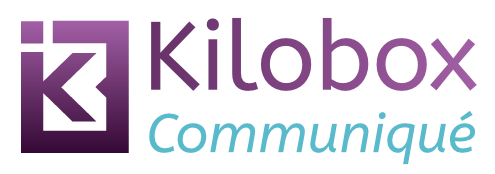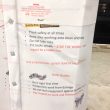Confusion over .com and .co.uk abounds – it’s bad enough that many assume everything ends in .com, but if your domain or web address is hard to say or hard to spell you’ve already damaged people’s experience of your site.

I assumed everyone would be able to say and spell ‘kilobox’ because it’s like ‘kilogram’ and ‘kilometre’. I was wrong, as people wonder if it’s killerbox or kilabox.
Perhaps I really should update my address to something like intranetizen or infernalcomms (both of which are already being used to some success), but I fear losing the links, the Google Rank, and the recognisability I’ve built over the last decade.
Choosing a domain or address
What’s the address of your intranet when you’re on / within your network? What’s the address of your intranet when you’re outside your network and want to log on ‘over the Internet’?
I’ve seen the following addresses successfully used:
http://intranet/ (that’s it – inside the network, no .com is needed)
http://nameofintranet/ and http://www.nameofintranet.com
http://intranet.companydomain.com
http://nameofintranet.companydomain.com
And of course you already know the varieties of website domains, and you probably know the choice is about to explode with hundreds of new TLDs (Top Level Domains) being made available soon, replacing the .com end bit with awful options like .rocks and the ridiculous .like and .autoinsurance to name a few.
The best way to value a domain or address for your website or intranet is to consider the:
- ease of saying – can you say the address over the phone and have the listener understand without further explanation?
- ease of spelling – does it use common words with regular spelling, or made up words with creative spelling?
- shortness – although most regular one-word domains are gone (at least, before the new TLDs come out), two word domains continue to be very popular to the extent they are expected.
- clarity – if you’re thinking about using three words, do they look good abutted next to each other? Can the reader distinguish each separate word, or are there some shared letters that jar, like easyyellowwindow?
- exactitude – does it express a concept clearly, or have superfluous describing words been added? For example, isn’t keyboardskills.com better than greatkeyboardskills.com or keyboardskillscommunity.com?
- concept – if you can ‘own’ a concept, rather than just talk about the concept, you’re in a very strong position. Consider intranetizen.com as a concept, and how it seems to define the ‘space’, versus intranetfocus.com – the latter is actually more established, and highly regarded, yet intranetzen, as a word, seems to capture the space. Sorry for using the word ‘space’.
Want to use an acronym? OK, if you think it’s clear – many acronyms are incredibly well known, but can have different meanings in different contexts. How can you be certain that your acronym is clear to everyone?
Clearly, the domain name needs to match the name of the site, organisation, or business; you get added kudos (and possibly benefits) from having matching social media profiles.
So; a domain / address that is easy to say, easy to spell, uses very short distinguished words, and has a strong concept will be more valuable by any measure.
This is not to say that exceptions don’t exist – if you’re a fan of moneysavingexpert.com or icantbelieveitsnotbutter.com you already know that you can cope with any URL if you really want to, but personally, I can’t believe it’s not better to keep it short, simples.
Photo credit: Katherine Singleton
[ Wedge ]If you’d like to share or tweet this article, try:
What’s in a domain?: http://kilobox.net/3078 – by @Wedge








